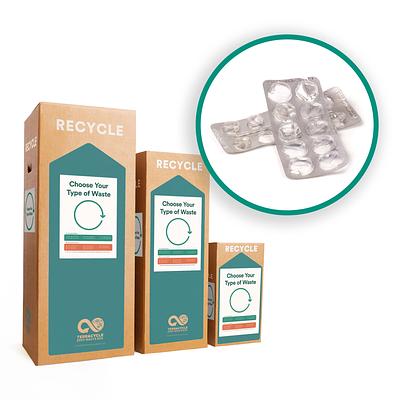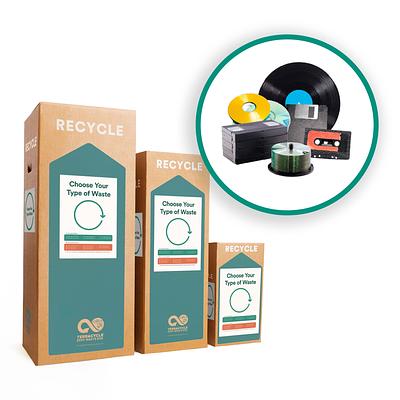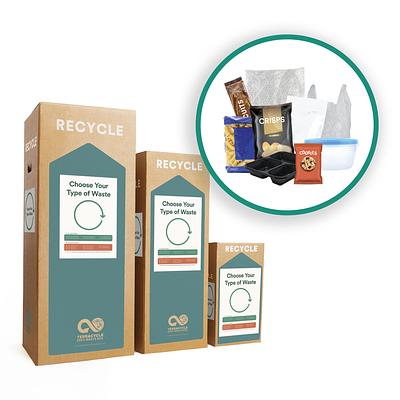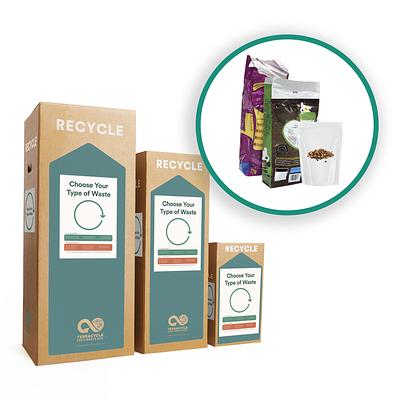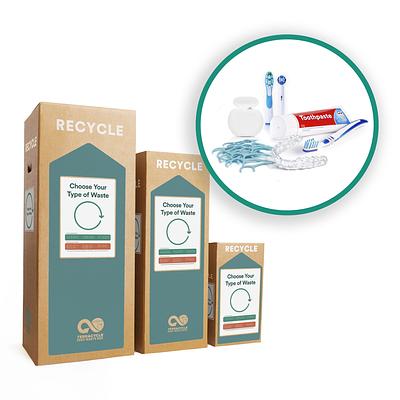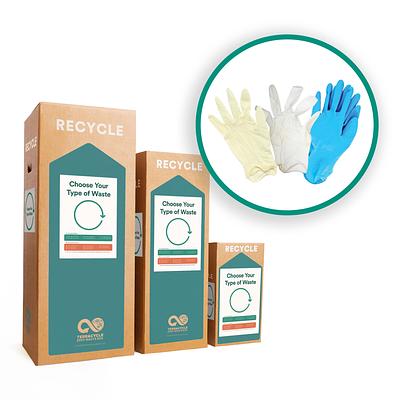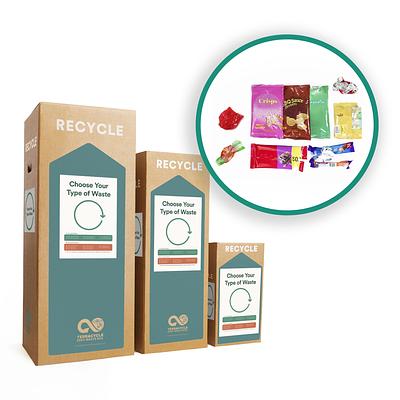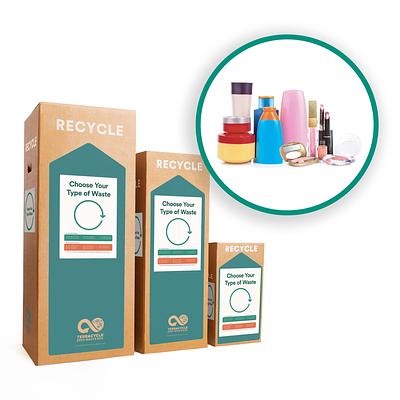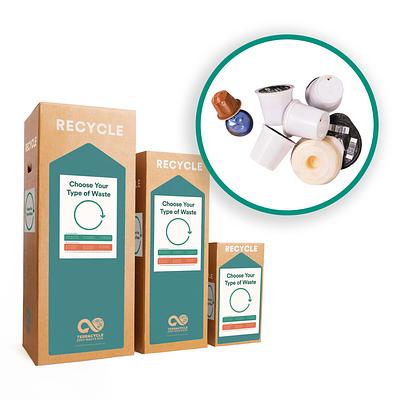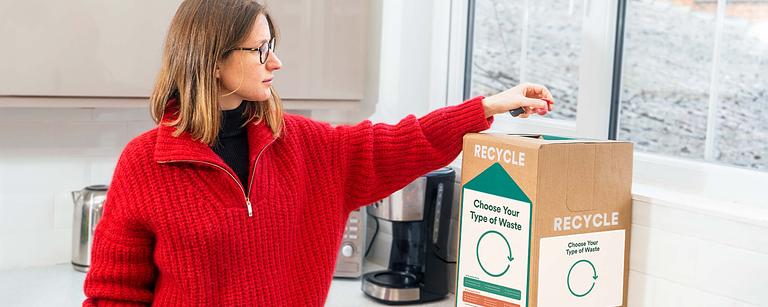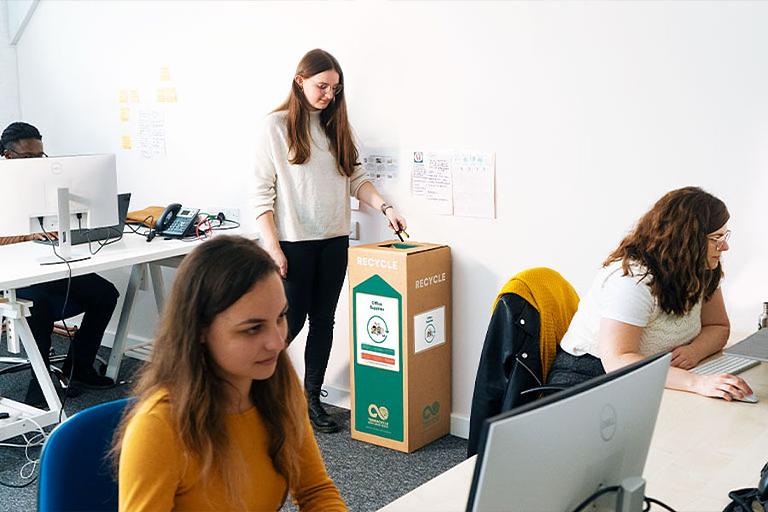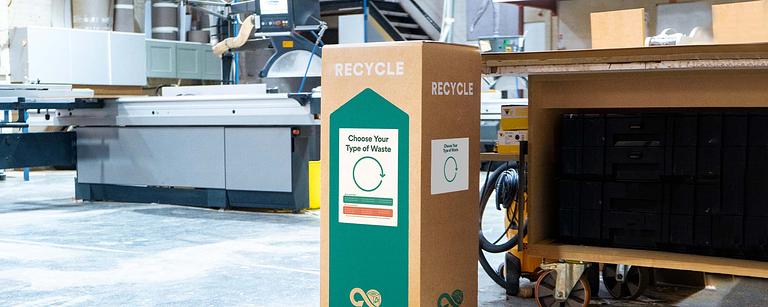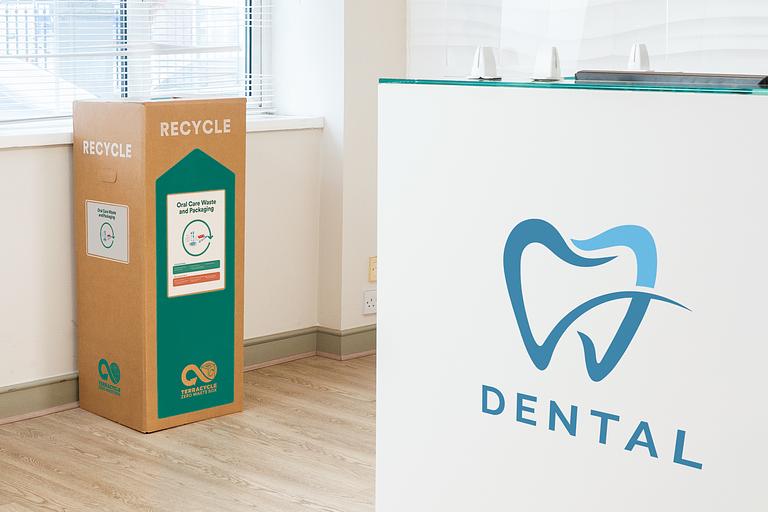Zero Waste Box™
The simple, all-in-one solution to recycle almost everything.
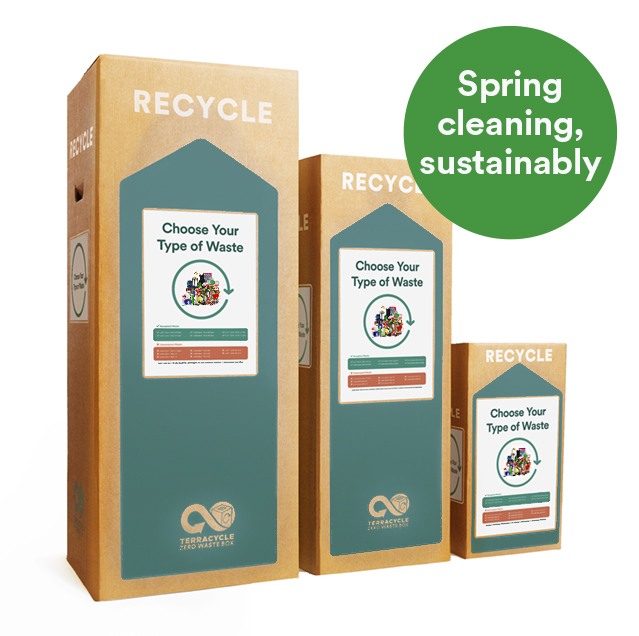
Featured products
Shop Zero Waste Box
Our recycling boxes are a complete and simple solution which includes the storage, shipping and recycling of your waste. The perfect option for households, schools, businesses, manufacturing facilities, and events spaces looking to recycle more and keep rubbish out of landfills.
How it works
We make recycling easy: simply choose the Zero Waste Box™ for what you’d like to recycle, fill the box, and send it back to TerraCycle when you’re ready. We take care of the rest!
Shop
Browse our selection of Zero Waste Boxes and select the one that fits your needs.
Collect
Fill your box with the rubbish you'd like to recycle.
Ship
Using the pre-paid UPS shipping label affixed to the back of your box, arrange for your waste to be collected for recycling.
Questions? Check out our FAQ.
Zero Waste Box news
Want to learn more about Zero Waste Box? Look here for promotions and sales, recycling tips, and to see TerraCycle in the news.
Take a virtual tour
Discover our recycling process and take a virtual tour of our recycling and sorting facilities.
See Our Process